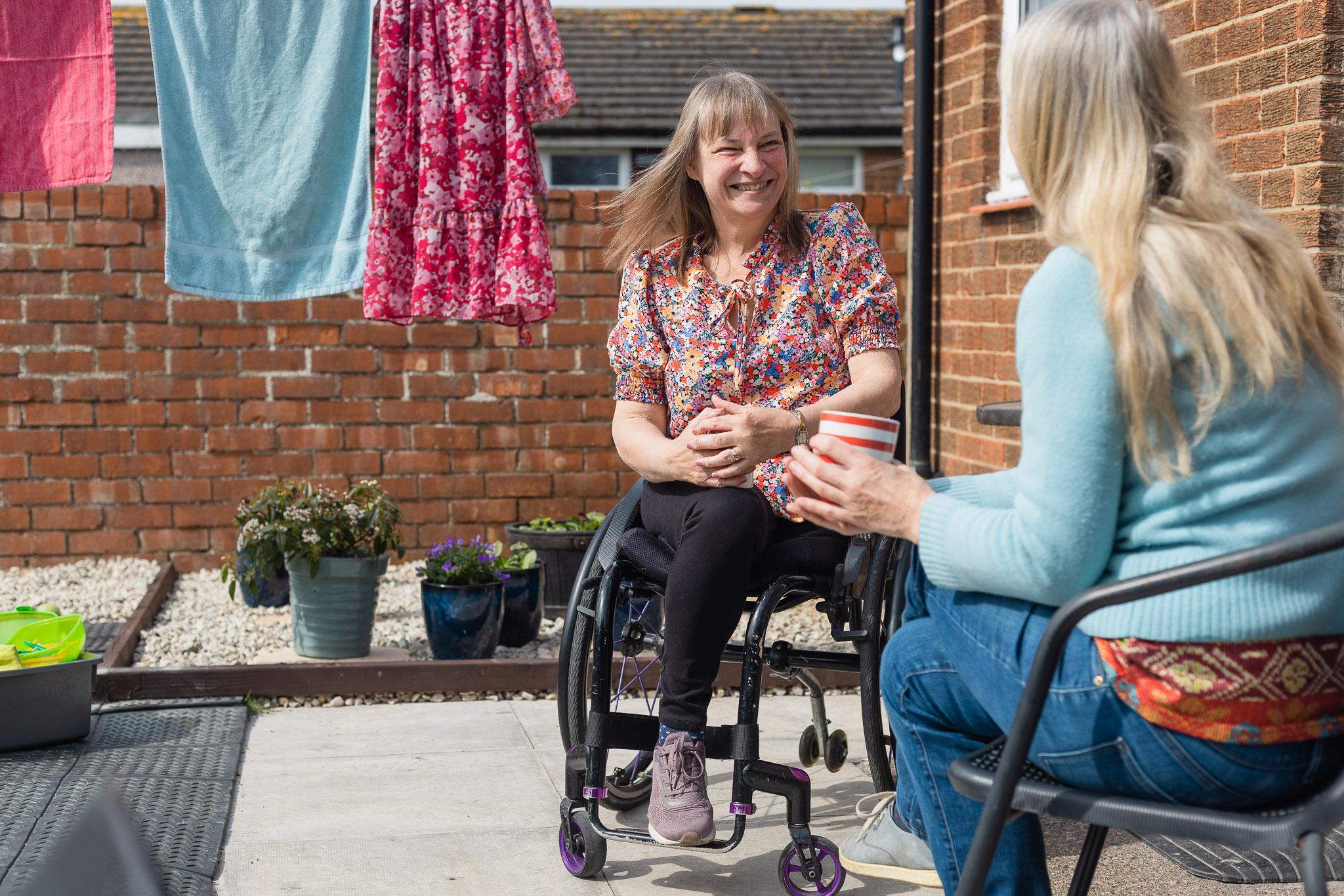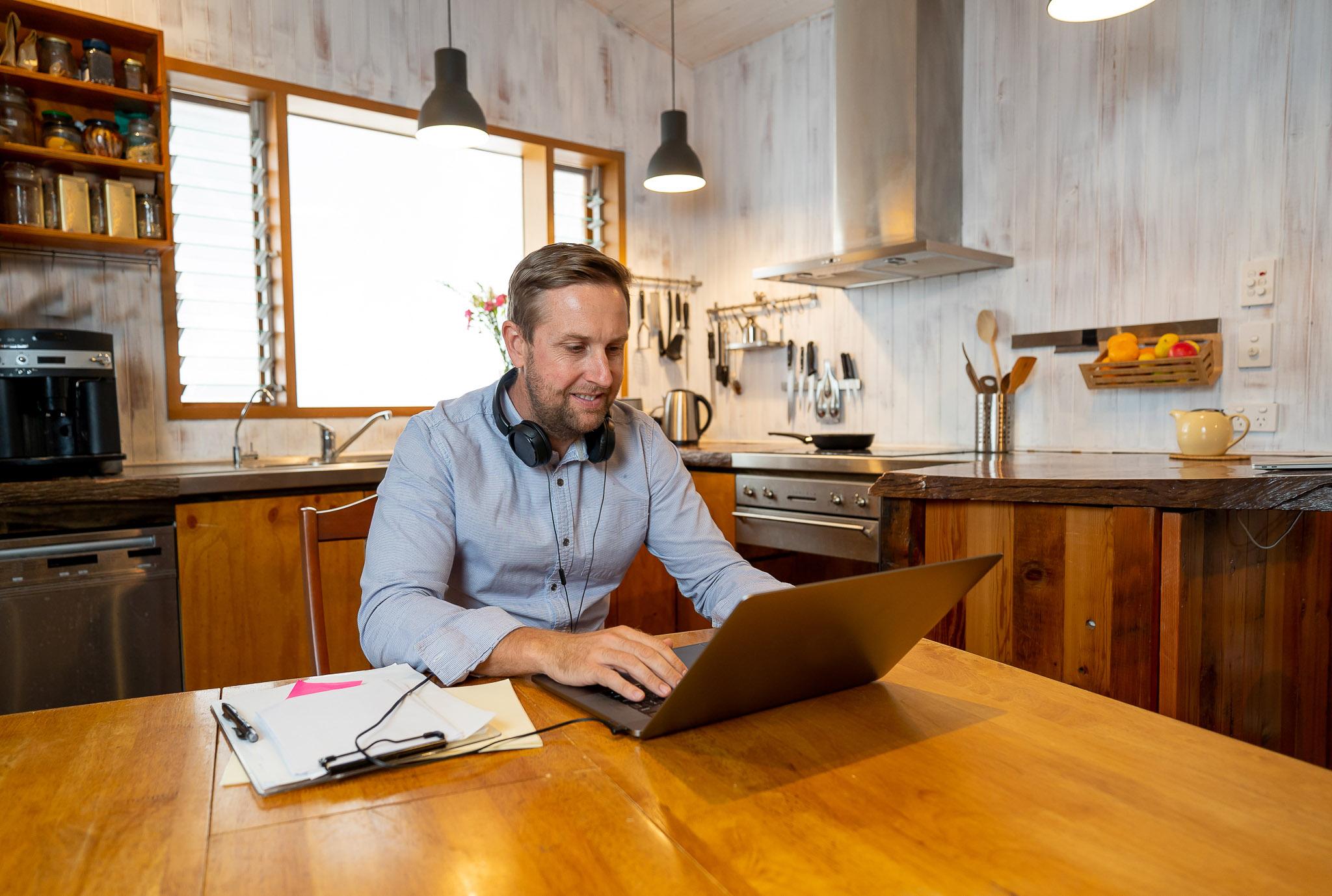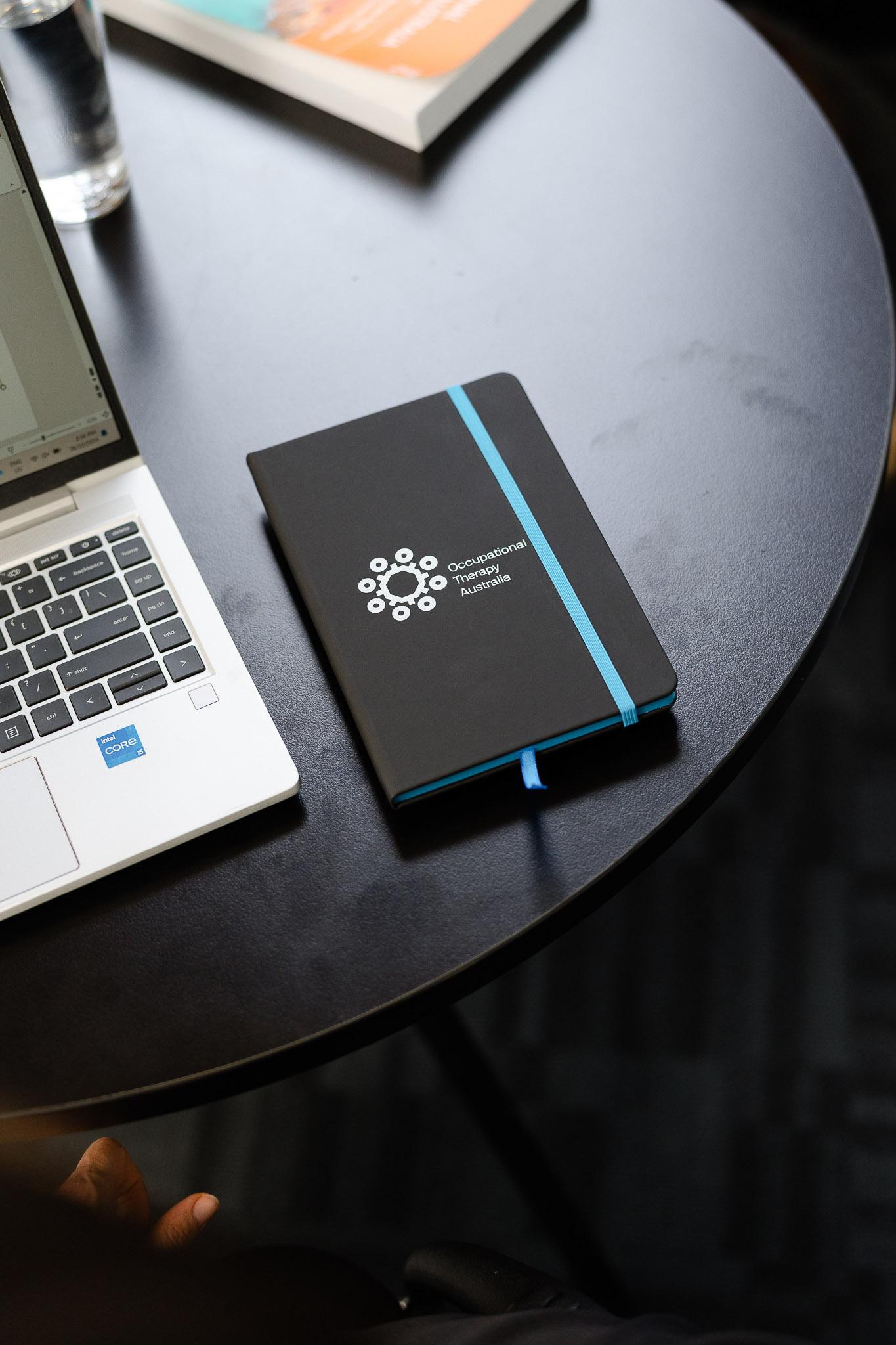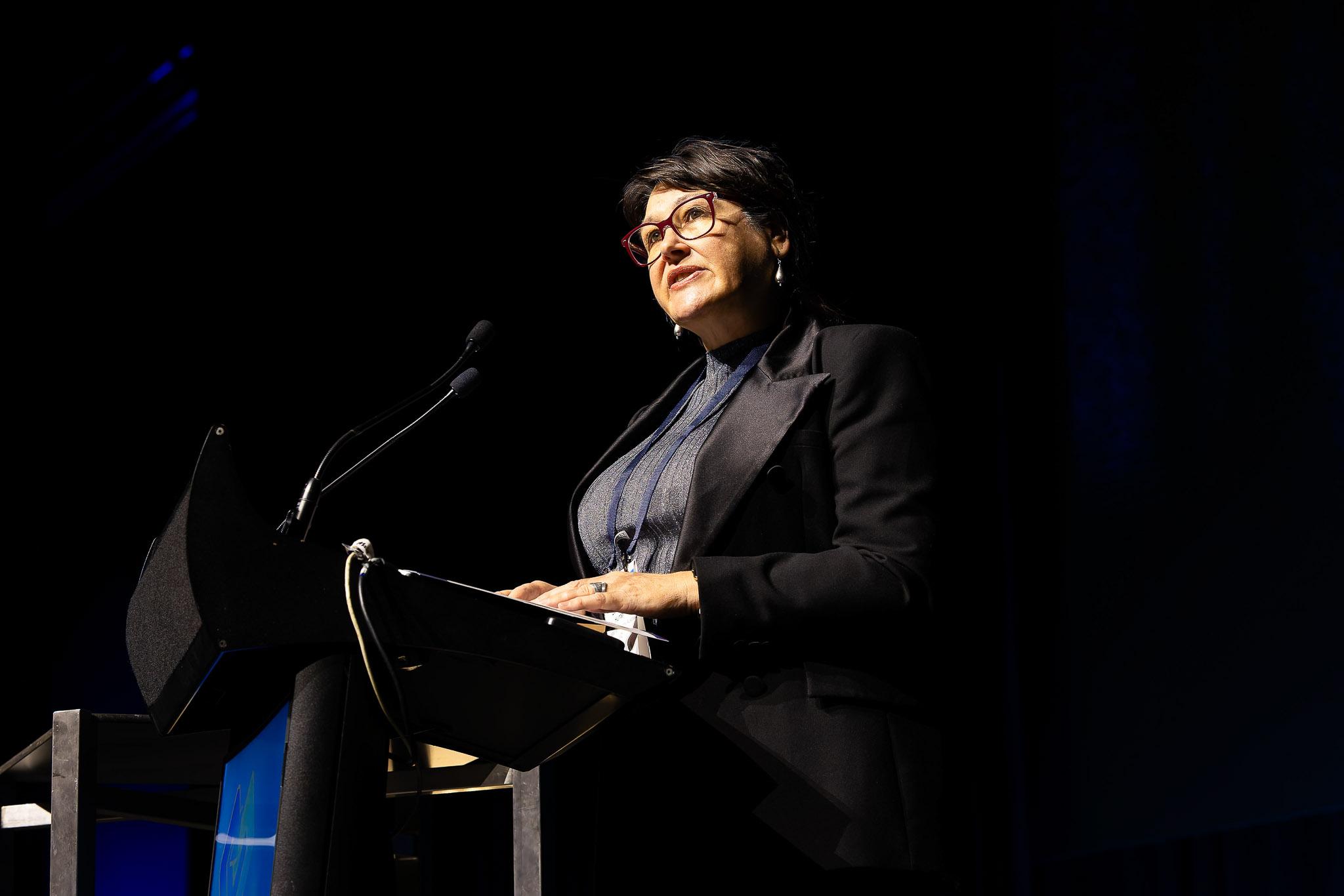18 January 2026
Environmental Modification Training: A core capability for Occupational Therapists
Investing in formal environmental modification training is critical to ensuring safe, effective, and meaningful outcomes for clients and communities.
13 January 2026
Policy and Advocacy update – 15 January 2026
Read about OTA policy and advocacy updates and developments this week, including the South Australian State Election, member feedback for the new Aged Care Act, EMPHN survey, and many more.
13 January 2026
Member-only resource: Crisis and Disaster Response for Occupational Therapists
OTA’s Crisis and Disaster Response for Occupational Therapists resource, available exclusively to members, provides practical, evidence-informed guidance across the Prepare, Respond and Recover phases of disaster management.

18 December 2025
On-Demand Learning Hub
To explore OTA’s full range of CPD & Events - including live and on-demand learning - visit Search all CPD & Events.
16 December 2025
Policy and Advocacy update – 18 December 2025
Read about OTA policy and advocacy updates and developments this week, including a submission request for better NDIS pricing, updated ADL assessment requirements, and many more.
15 December 2025
CEO Member Update - December 2025
OTA CEO Samantha Hunter shares an end-of-year message for the OTA community, reflecting on the year that was including important progress on reconciliation, the wide range of events and resources that strengthened connection across the profession, and national policy reforms with far-reaching impact.
10 December 2025
Policy and Advocacy update - 11 December 2025
Read about OTA policy and advocacy updates and developments this week, including algorithm-driven NDIS support needs assessments, a call for input from AOPA, changes to Better Access, and many more.
10 December 2025
Practice Resource: Occupational Therapy and the Strengthened Aged Care Quality Standards
This resource helps occupational therapists (OTs) and key stakeholders understand the specific ways the Strengthened Aged Care Quality Standards relate to occupational therapy scope of practice.
8 December 2025
Connections Summer 2025
Connections Summer 2025 edition celebrates OT Week 2025, the launch of OTA's Innovate RAP, Advocacy update, NDIS reforms in action, and many more.
7 December 2025
Seeking EOIS for our State and Territory Advisory Councils
If you are passionate about shaping the future of occupational therapy in your state or territory, we would love to hear from you!
2 December 2025
Policy and Advocacy update – 4 December 2025
Read about OTA policy and advocacy updates and developments this week, including NDIA opens consultation, findings on Ahpra’s registration fee model, and many more.
27 November 2025
Enhancing your OT practice through PRPP Assessment and Intervention
Discover how the PRPP Assessment and Intervention can transform your understanding of functional cognition and elevate your occupational therapy practice.
11 November 2025
Department of Health Disability and Ageing - Support at Home for Allied Health professionals
This document offers a summary of information drawn from resources provided by the Department of Health, Disability and Ageing.
15 October 2025
Member Update - Aged Care (October 2025)
A new Aged Care Act will be implemented on November 1st. This introduces the new home-based aged care program, Support at Home, which will replace the existing Home Care Packages and Short Term Restorative Care programs. OTA has prepared practice resources to support our profession during this transition. These resources provide a summary of the Support at Home Program's key details and offer considerations for clinicians to best prepare for the new reforms.
14 October 2025
Understanding the Support at Home Program - Preparing to work in Support at Home
This practice resource provides a summary of key features of the Support at Home Program. This document offers a summary of information drawn from resources provided by the Department of Health, Disability and Ageing. Please note that this content is general in nature and does not constitute legal or business advice. We strongly encourage individuals to seek their own independent legal and business advice regarding their own arrangements and to directly engage with the source resources to clarify the information provided.
8 October 2025
Understanding the Support at Home Short Term Programs - Restorative Care Pathway
This practice resource provides a summary of the Restorative Care Pathway under the new Support at Home Program. This document offers a summary of information drawn from resources provided by the Department of Health, Disability and Ageing. Please note that this content does not reflect the views of OTA, nor does it constitute legal or business advice. We strongly encourage individuals to seek their own independent legal and business advice regarding their own arrangements and to directly engage with the source resources to clarify the information provided.
8 October 2025
Understanding the Support at Home Short Term Programs - AT/HM Pathway
This practice resource provides a summary of key features of the Assistive Technology/Home Modifications (AT/HM) pathway under the new Support at Home Program. This document offers a summary of information drawn from resources provided by the Department of Health, Disability and Ageing. Please note that this content does not reflect the views of OTA, nor does it constitute legal or business advice. We strongly encourage individuals to seek their own independent legal and business advice regarding their own arrangements and to directly engage with the source resources to clarify the information provided.
8 October 2025
Understanding the Support at Home Short Term Programs - End of Life Pathway
This practice resource provides a summary of the End of Life Pathway under the new Support at Home Program. This document offers a summary of information drawn from resources provided by the Department of Health, Disability and Ageing. Please note that this content does not reflect the views of OTA, nor does it constitute legal or business advice. We strongly encourage individuals to seek their own independent legal and business advice regarding their own arrangements.

25 September 2025
Adult Health and Disability - Learning Hub
Explore our available events on Adult Health and Disability, designed to expand your knowledge, build skills, and connect with peers through expert-led learning opportunities.

25 September 2025
Professional and Practice Skills - Learning Hub
Explore our available events on Professional and Practice Skills, designed to expand your knowledge, build skills, and connect with peers through expert-led learning opportunities.
19 August 2025
FAQ: Environmental and Home Modifications
FAQs on home and environmental modifications.
14 August 2025
Poster - Understanding occupational therapy in education
Download the "Understanding occupational therapy in education" flyer.

5 August 2025
State and Territory Advisory Councils
State and Territory Advisory Councils are advisory councils of OTA members from across states and territories to bring voice to local and state-based issues affecting occupational therapists and communities. Advisory Councils provide pivotal intelligence to inform OTA of the opportunities, emerging issues, and changing landscape to enable OTA to be responsive to all of our members' needs, no matter where they reside.
5 August 2025
Consultation on Foundational Supports for children with developmental concern, delay and/or disability and their families, carers and kin
Occupational Therapy Australia (OTA) welcomes the opportunity to provide a submission in relation to targeted foundational supports - Foundational Supports for children with developmental concern, delay and/or disability and their families, carers and kin.

13 June 2025
NDIS Pricing Campaign
OTA needs your voice. The NDIA’s frozen pricing is unsustainable. We’re calling for fair funding now - before more OTs leave the workforce. Join the campaign.

5 March 2025
Privacy Policy
Occupational Therapy Australia values highly the strong relationships we have with our customers. The collection of data at Occupational Therapy Australia is being handled with full and proper respect for the privacy of our customers. The data we collect is handled sensitively, securely and with proper regard to privacy. Occupational Therapy Australia does not disclose, distribute or sell the data we collect from our clients to third parties.

24 February 2025
Terms and Conditions
The information provided on this website is for use of a general nature only and is not intended to be relied upon as, nor to be a substitute for, specific professional advice. No responsibility for loss occasioned to any persons acting on or refraining from action as a result of any material on this website can be accepted. This includes links to all external organisations.

19 February 2025
Help for members Digital Transformation and OTA Connect
Help for members through OTAs Digital Transformation.
22 October 2024
Update your mobile number
Update your mobile number to access your services

3 October 2024
Team and Governance
OTA is led by a team of dedicated professionals who seek to protect and progress the profession.